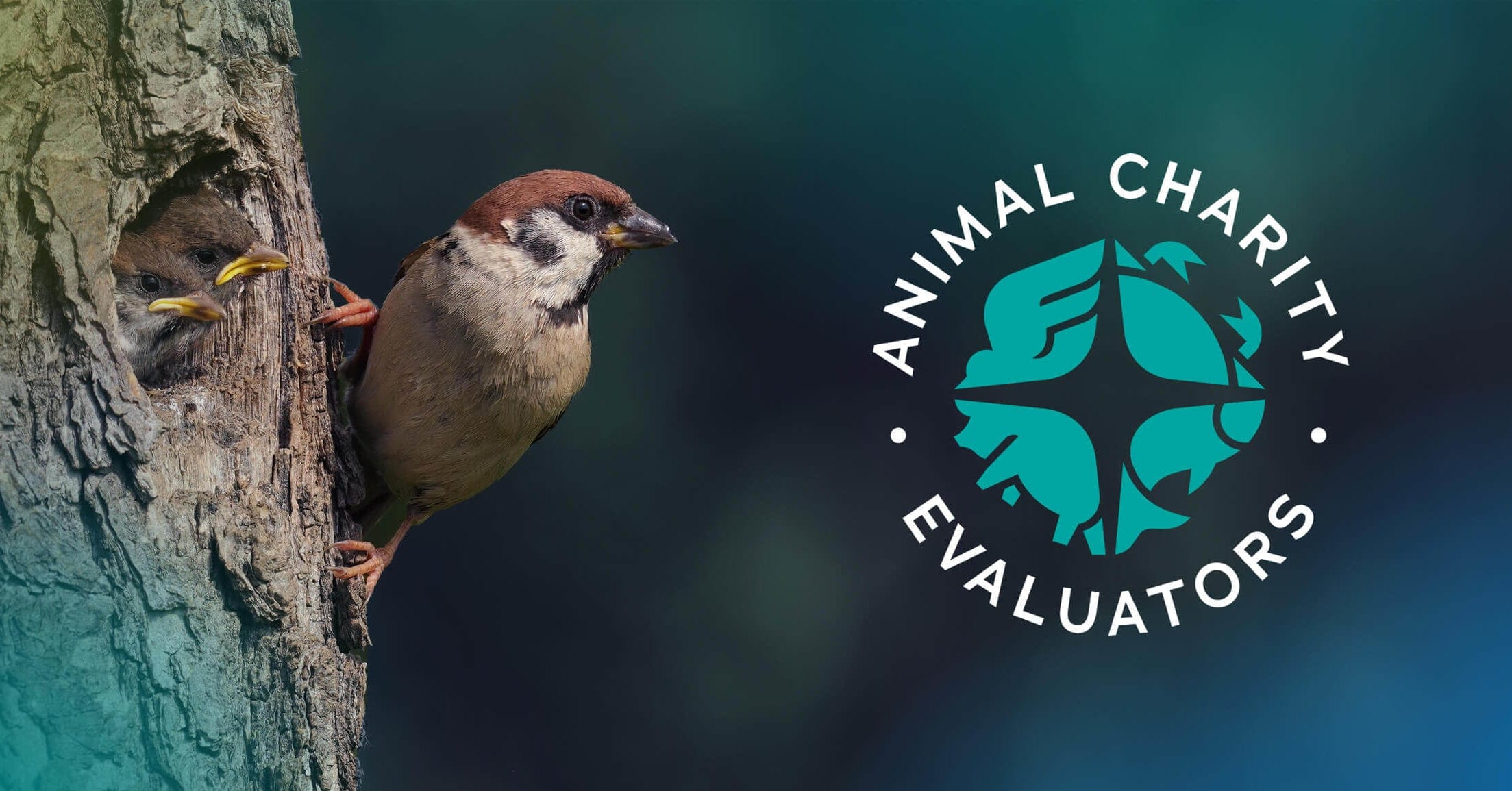Note: This AMA is no longer live. Thank you for all of your questions!
Hi! We're from Animal Charity Evaluators (ACE) and on February 19, we opened applications for our 2024 Movement Grants! Today, we’ll be answering your questions!
The AMA is your chance to ask our team about what projects we’re likely to fund, the application process, how to make a good application, and anything else about the program. Applications close March 17, 11:59 PM PT.
Our team members answering questions are:
- Eleanor McAree, Movement Grants Manager
- Elisabeth Ormandy, Programs Director
- Holly Baines, Communications Manager
We're looking forward to your questions!
Movement Grants is ACE’s strategic grantmaking program dedicated to building and strengthening the animal advocacy movement. For a limited time, you can DOUBLE your donation to ACE's Movement Grants! By donating to this program, you are investing in the expansion of a broader advocacy movement and a brighter future for animal welfare.
Thank you!
Note: This AMA is no longer live. Thank you for all of your questions!




Thanks so much for this question.
Many of the projects we fund via Movement Grants are happening at younger, smaller organizations, so there are two “early-stage” elements: early-stage organizations that might be in regions with a nascent animal advocacy movement, and early-stage projects that might be happening at early-stage organizations, or are happening at more established organizations that are expanding their programmatic work.
Here are some examples of early-stage organizations we funded in 2023 that we think are doing impactful work in their global region. In these cases we’ve tended to give general operating funds rather than funding specific projects (though that’s not always the case):
We funded Samayu and A Just World to continue their systems-based approach to achieving positive animal welfare outcomes in the farming industry. They focus on both the aquaculture and poultry sectors, conducting regional research, advocating for improved policies, conducting outreach to farmers and communities, and running campaigns.
We provided general support for Good Growth to continue work in two areas to accelerate the growth of sustainable and ethical food systems in Asia. The first area is open-access market research to understand local stakeholders, farming systems, and consumer attitudes and identify locally relevant interventions. They launched a website that makes public datasets more accessible for advocates and funders, and this grant allowed them to scope out the demand for and potential impact of this project. The second area was community engagement and capacity-building to facilitate knowledge-sharing and build advocates’ research skills. This included conducting outreach by delivering workshops at animal advocacy events and producing content for their website.
We funded Animal Empathy Philippines to implement a capacity-building program for Filipino youth leaders. They work with rural youth, particularly those in geographically isolated and disadvantaged areas, to co-create localized projects helping farmed animals in the country. They also plan to develop a program implementation toolkit and training for other organizations to roll out the same program in the future.
Here are some examples of early-stage projects we funded in 2023 at more established organizations:
We funded a project by Education for African Animal Welfare that aimed to influence the discourse on egg-laying hen welfare in Tanzania, promote cage-free farming, and consolidate and share information on welfare considerations in chicken farming. They worked with farmers and key stakeholders to assess the status and compile a report on battery cage farming in Tanzania through a nationwide survey, literature review, and stakeholder consultative meetings. They aimed to use this research to slow the intensification of poultry farming in the region.
We funded ARAF Plateau Dogon fora project that focused on raising awareness about the risks of battery cage farming of chickens in the Ségou region of Mali. They planned to mobilize youth and target the public at local events and schools across several municipalities. They also aimed to educate people on welfare issues and encourage people to not buy animals that have been raised in cages.
We gave a grant to AnimaNaturalis to take legal action against the federal government for failing to comply with its legal obligations on animal welfare in slaughterhouses. Their objective was to force authorities to comply with the provisions on animal welfare. They planned to focus on the federal government first and later move against state governments.
I hope these examples help you better understand the grant decisions we make in our Movement Grants program. If you have any additional questions or I haven’t answered you sufficiently please let me know!
Elisabeth